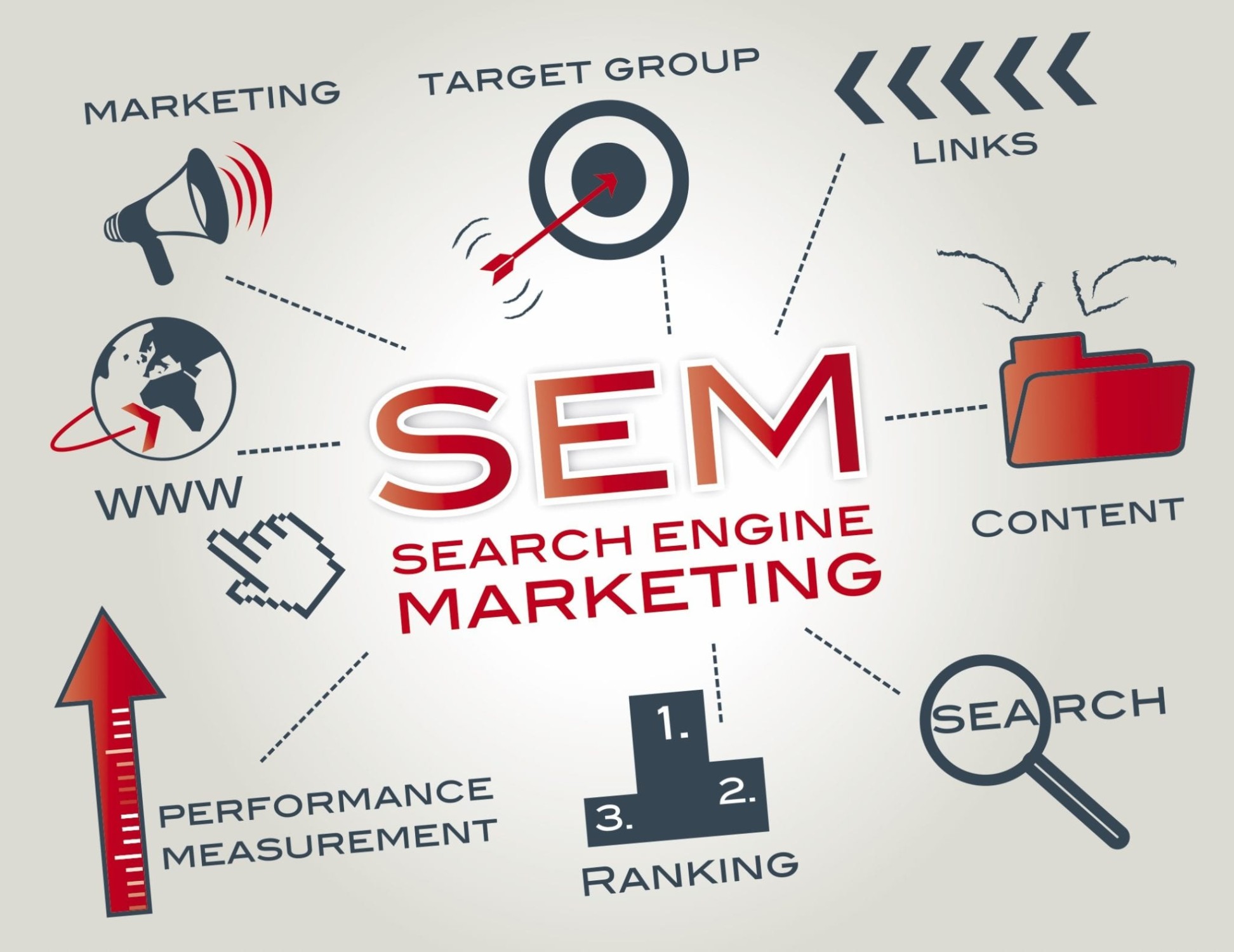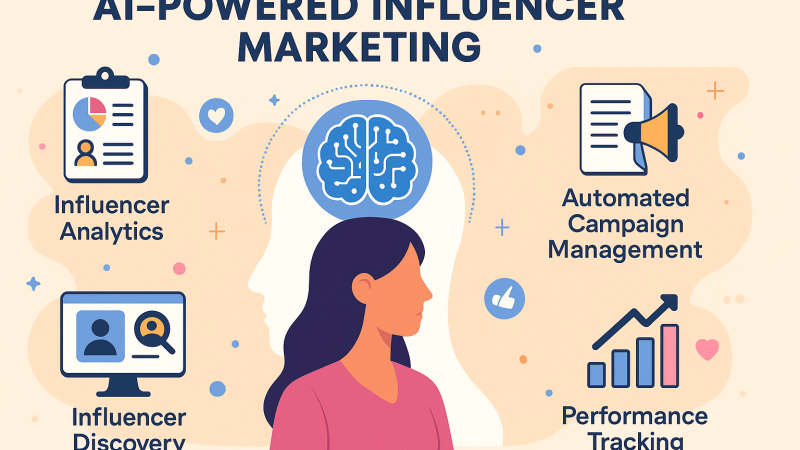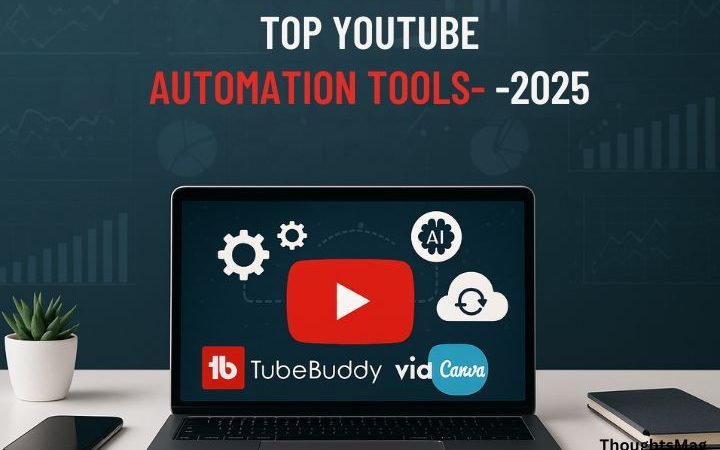What is SEM and what are its key tools

As businesses compete with one another to attract customers online, the pressure is high. While plenty of people are still trying to understand what SEM is, hundreds of companies have already started utilizing it in their operations.
Having a strong online presence is crucial for website owners & digital marketers if they want to be successful. Search engine marketing (SEM) can help achieve this goal, and this article goes into the details of how to use it effectively.
What is SEM and what does it mean in search engine marketing?
Search Engine Marketing (SEM) is a strategic approach to use in search engines. It involves paying for ads within various formats to help people discover a product or service on search platforms like Google and Bing.
Traditionally, SEM referred to a combination of paid & organic advertising. Nowadays, however, the term only refers to paid advertising as organic methods have become known by their own names.
Why is SEM important for the positioning of companies?
It’s becoming more and more important for businesses to have an effective search engine marketing strategy. This is because a majority of people rely on search engines to locate products and services. Having a strong search engine presence can be the key factor in ensuring success for any company.
Search Engine Marketing (SEM) can be beneficial to businesses of any size, allowing them to reach their target audience at the right moment when they need their products or services. It is an effective strategy that helps companies achieve their goals. Moreover, this type of promotion is not intrusive as the client is the one actively looking for services being offered.
Compared to other digital marketing techniques, Search Engine Marketing (SEM) can be quite affordable for businesses. This is because you only pay when someone clicks on your ads and thus the pricing system is known as Pay-Per-Click (PPC).
However, among the main tasks that SEM solves are:
-
Increases the visibility of the site. Advertising will help in this regard, which will not only correct the situation, but also attract potential customers.
-
Raise notoriety. Thanks to SEM, a brand regularly appears before the eyes of users. In this way, it increases the notoriety and fidelity.
-
Generates growth in reach. Thanks to SEM, you can increase traffic that comes from search engines and social networks.
-
Increase in sales. SEM attracts customers who are ready to buy, which has a positive effect on conversions and increases revenue.
Key Differences Between SEM vs SEO
Search engine marketing (SEM) and search engine optimization (SEO) are two common terms used in digital marketing that are often mixed up. This is because of the similarity between their acronyms – ‘SEM’ and ‘SEO’ – even though they have distinct functions & meanings.
Here’s the difference in a nutshell:
-
SEM refers to the process of paying for ads that appear on search engines.
-
Search engine optimization, or SEO, refers to optimizing website traffic. This is done from search engines to increase traffic organically. Tools such as screaming frog are used for this type of optimization.
Key tools you can find in SEM
Search engine marketing (SEM) is the process of using different tools and techniques to increase visibility of your product/service on search engines. The main purpose of SEM is to boost website traffic and improve user engagement with your brand. It’s a powerful way to get more eyes on what you’re offering, leading to more conversions & sales.
Keywords: Selecting the most relevant keywords or phrases for the business is essential. To access them you must bid as in an auction and then you can use them in paid advertising.
Search Ads: These are ads that usually appear at the top of the page. These ads can be customized and targeted to reach the desired audience.
Advertising on the Display Network: These are visual ads that can increase the open rate on websites, blogs and applications. These allow you to reach a larger and more diverse audience.
Remarketing: we know that you hardly clear up the doubt about what SEM is. However, this term is nothing special. It is the tool that allows ads to be shown to people who have already visited the website or interacted with the brand. Something that in turn increases the chances of conversion.
Google Analytics: analysis tool that allows to measure the traffic of the website. Also user behavior and the effectiveness of advertising.
Practical tips to implement SEM in your business strategy
If you are relatively new to the SEM world, here are some tips that can get you started on the right foot. Pay close attention and make sure you remember them!
1. Set a budget
The total budget of your campaign is affected by various factors like the number of keywords, days of the week, time of day and also geographical area it’s covering. Additionally, tailoring your objectives can also help you determine the exact cost. Generally speaking, as you add to any of these components, the overall cost will be higher.
2. Define your goal
Your campaign should have clear and measurable goals. This could include increasing your website’s traffic, page views or conversions. These objectives will guide you in setting up and monitoring the progress of your campaign.
3. Choose your keywords
An important part of effective search engine optimization is the use of keywords. When creating a list of keywords for your website, think about what terms or phrases potential customers may type when searching for products/services similar to yours on the web.
4. Build a landing page
AI chatbots work by responding to specific keywords typed in by customers. A landing page should include a selection of key words that are pertinent to the issue or query at hand for the bot to respond correctly and efficiently.
5. Measure your conversion and performance
It is critical to evaluate your outcomes as part of an effective SEM strategy. Without tracking progress and measuring results, you cannot determine if the time & money invested in this campaign was productive or not. That’s why following up is a significant step that should be taken into account.
To put it simply, we’re here to explain what SEM is and why it’s an essential tool. Going forwards, you’ll understand the importance of search engine marketing. It is essential to keep up with the latest updates and trends of search engine algorithms in order to maintain successful SEM campaigns. This requires consistent monitoring and revisions to ensure that your strategies stay relevant and effective.






